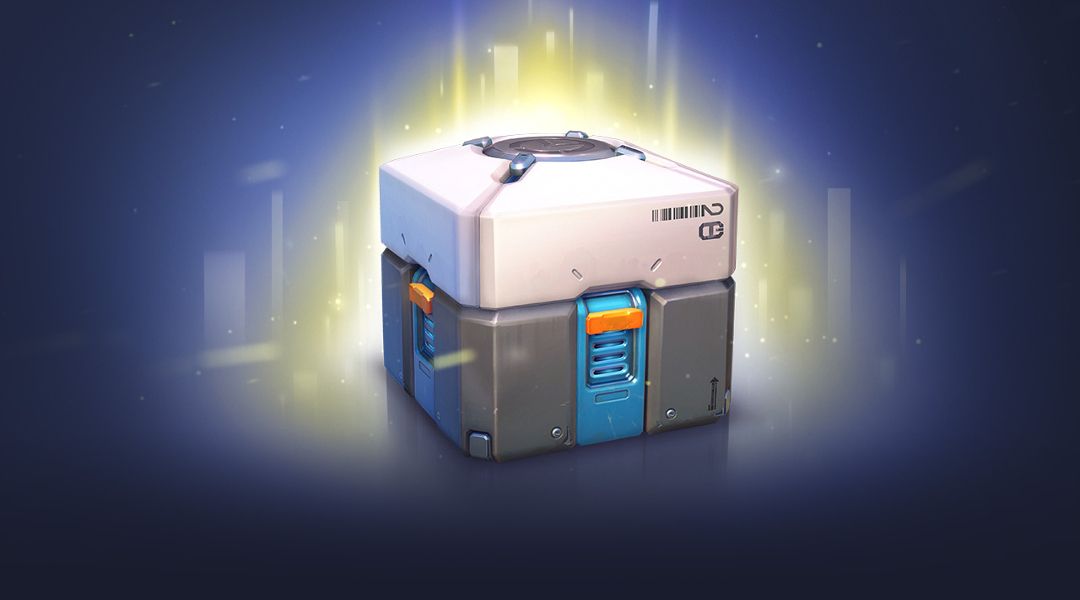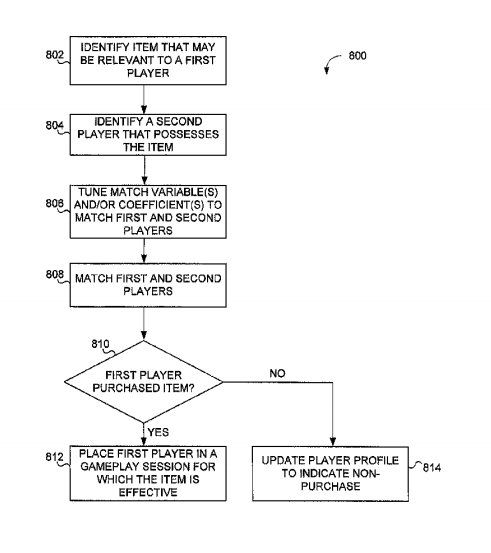A patent discovered by Rolling Stone's video game branch Glixel shows that Activision is researching new ways to encourage players of its games to purchase microtransactions; specifically, by manipulating multiplayer matchmaking algorithms. The patent was filed in 2015 but only approved as of today. The process involves creating profiles for players and then matching them with others who are using microtransaction weapons and items deemed attractive to the original player.
In the text of the patent, Activision provides an example of just how such a matchmaking system may work in a shooter with weapon microtransactions:
"In a particular example, the junior player may wish to become an expert sniper in a game (e.g., as determined from the player profile). The microtransaction engine may match the junior player with a player that is a highly skilled sniper in the game. In this manner, the junior player may be encouraged to make game-related purchases such as a rifle or other item used by the marquee player."
The patent provides overt examples of how the so-called "microtransaction engine" would work, persuading players to purchase weapons and specific items. In practice, the system would likely be much more subtle. Modern microtransactions rarely broach into the territory of specific gameplay elements like weapons, after all. If a player started seeing the premium weapon they wanted in every game, it'd be easy to figure out what's going on. Just seeing loot box content spread around, however, would perhaps be just as effective without being so obvious.
While the idea of matchmaking in a multiplayer game being determined by anything other than player skill will likely sound unacceptable to most game players, Activision seems to think otherwise. The patent describes how such a matchmaking system would make the game better for microtransaction buyers, leading to more purchases:
"Doing so may enhance a level of enjoyment by the player for the game-related purchase, which may encourage future purchases. For example, if the player purchased a particular weapon, the microtransaction engine may match the player in a gameplay session in which the particular weapon is highly effective, giving the player an impression that the particular weapon was a good purchase. This may encourage the player to make future purchases to achieve similar gameplay results."
A question being asked after the patent was revealed today is whether or not Activision's already begun implementing the system or something similar in its games. While it could be possible that Destiny 2 somehow "encourage" players to make Bright Engram purchases, Bungie has already come forward and officially confirmed no such systems exist in either Destiny or Destiny 2. Could Call of Duty: WW2's Zombies matchmaking twist players arms to buy microtransactions? How would players know the difference?
Considering the current controversies surrounding publisher practices regarding loot boxes, Activision's patent will only make things more complicated. When studios like Visceral Games are closed because single-player games aren't profitable enough, it becomes clear why publishers are pursuing new ways to make money off of microtransactions. But whether that matters to players who increasingly feel nickel and dimed is another matter entirely.
Source: Glixel


